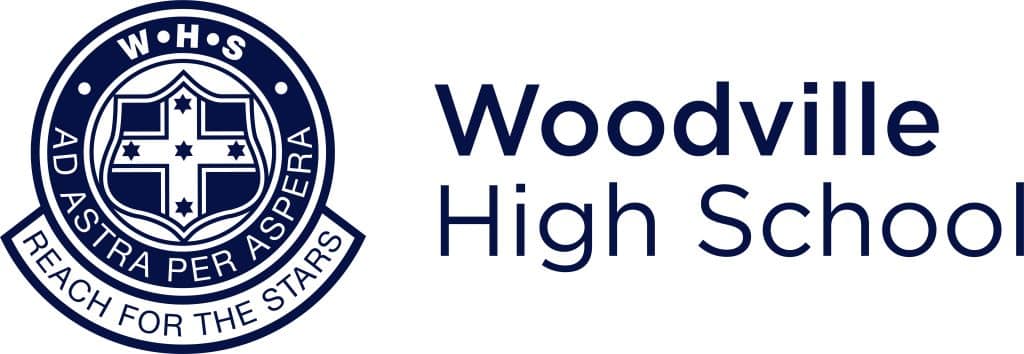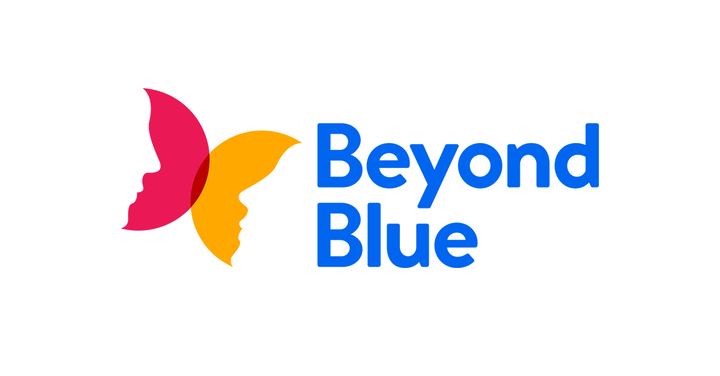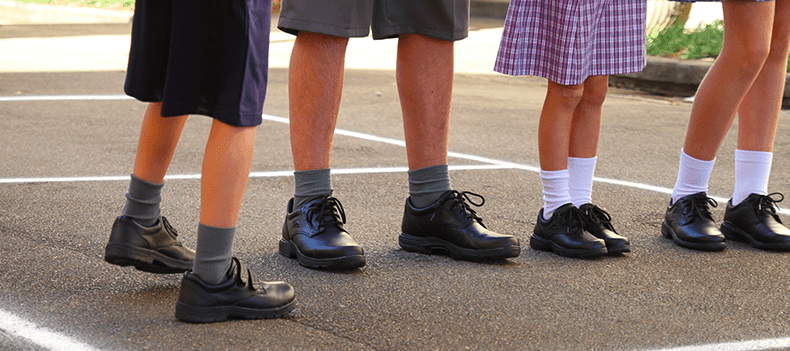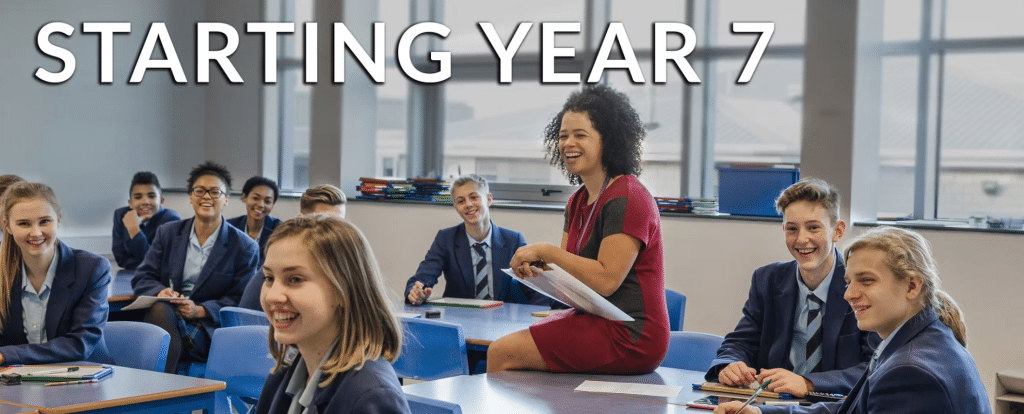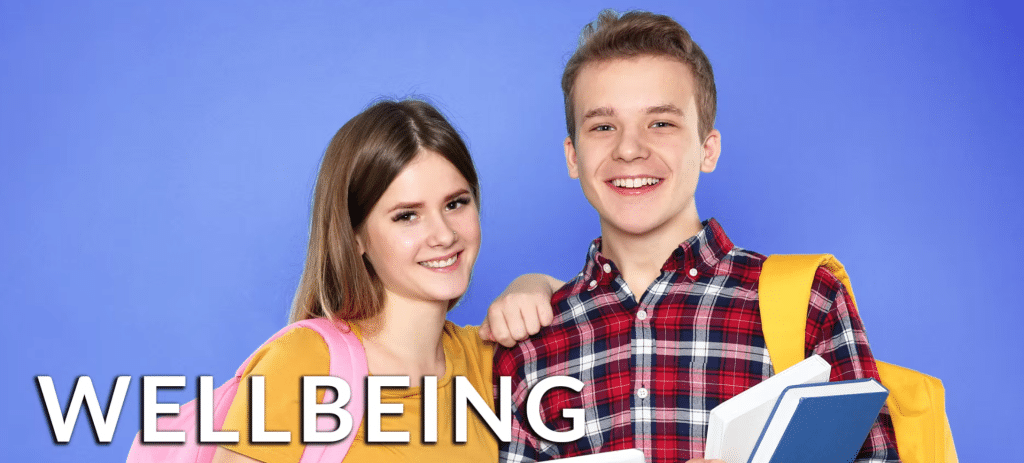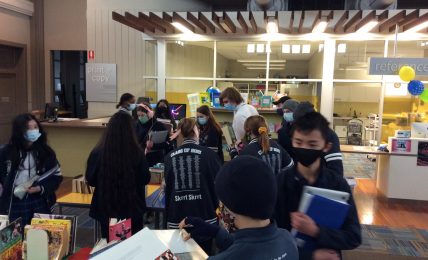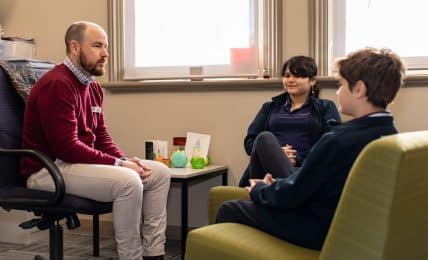The Woodville High School Wellbeing Team would like to welcome you and your family into our diverse, dynamic and caring school community, introduce ourselves and explain a a little bit about our role.
OUR WELLBEING TEAM
Consists of
Senior Leader – Student Services, Wellbeing and Year 11s – Mr Sandro Bracci
Sandro.Bracci704@schools.sa.edu.au
Student Wellbeing Leader – Justin Mitchell
Justin.Mitchell 240@schools.sa.edu.au
Student Wellbeing Leader 0.4 Monday and Tuesday – Cherie Hutton
Cherie.Hutton948@schools.sa.edu.au
Social Worker – Kelly Brockman
School Psychologist 0.6 Monday to Wednesday – Erin Leahy
Erin.Leahy165@schools.sa.edu.au
Youth Worker – Ben Rice
benjamin.rice940@schools.sa.edu.au
Pastoral Support Worker – Jodi Miles
Wellbeing Hub Receptionist – Sue Weidemann
sue.weidemann570@schools.sa.edu.au
Year Level Managers
Year 7 – Emma Cullen
Emma.Cullen343@schools.sa.edu.au
Year 8 – Nigel Gramp
Nigel.Gramp723@schools.sa.edu.au
Year 9 – Yvonne Toh
Yvonne.Toh816@schools.sa.edu.au
Year 10 – Glenys Yakas
Glenys.Yakas909@schools.sa.edu.au
Year 11 – Sam Passaniti
Sam.Passaniti225@schools.sa.edu.au
Year 12 – Braden Collins
Braden.Collins710@schools.sa.edu.au
Aboriginal Education Team
Aboriginal Education Coordinator – Bronan Economou
Bronan.Economou268@schools.sa.edu.au
Aboriginal Secondary Education Transition Officer – Janet Doolan
Janet.Doolan784@schools.sa.edu.au
Aboriginal Secondary Education Transition Officer – Mark Mueller
Mark.Mueller902@schools.sa.edu.au
Aboriginal Community Education Officer – Cliff Walkington
Cliff.Walkington907@schools.sa.edu.au
Aboriginal Education Teacher – Michael Lombardi
Michael.Lombardi927@schools.sa.edu.au
Aboriginal Education Teacher – Jessica Curnow
Jessica.Curnow861@schools.sa.edu.au
EALD Hub Coach – Adrienne Dobak
Adrienne.Dobak@sa.gov.au
BSSOs
Bilingual Student Support Officer – Tin Le
Tin.Le599@schools.sa.edu.au
Bilingual Student Support Officer – Laetitia Tungaraza
Laetitia.Tungaraza641@schools.sa.edu.au
Wellbeing and learning are closely linked. If a student’s wellbeing is low, then learning is potentially impacted. As a Wellbeing Team we aspire to embrace a common language that enables young people to thrive by developing the knowledge, skills, capabilities, perseverance, and the creativity that they need to build a successful future. Our team believes in a school environment that focuses on the academic, physical, social and emotional development of the students in our school where each student is known, understood, valued and cared for.
Woodville High School is committed to the Principles of the DfE Wellbeing for Learning and Life framework promoting child centred, strength-based relationships which are inclusive. We believe in a holistic approach to children and young people’s development. This encompasses many aspects of life: social, cognitive, emotional, physical and spiritual.
We see our role as supporting all students to value and be aware of the factors that contribute to their own wellbeing. Taking care of one’s physical and mental health will provide a good foundation for both learning, and positive, respectful relationships.
We know that we all experience times when our wellbeing is not at its best and we encourage parents to access support by contacting teachers regarding student learning and Wellbeing Leaders with any concerns that are affecting your child’s participation in school life.
Adjusting to change – COVID-19
During this time of rapid change and the navigation of the added complications that CIVID-19 brings, young people may struggle with feelings of anxiety, stress, loneliness, frustration and confusion. At Woodville High School we care about the wellbeing of our students and wish to make their journey at school in 2022 as comfortable and safe as possible. The WHS Wellbeing team is available to support students experiencing difficulties adjusting.

Wellbeing Support at School
The WHS Wellbeing team is available to support students experiencing difficulties adjusting to COVID-19 and the return to school. Students, parents, caregivers or teachers can make a referral to the Wellbeing team by completing the online form under the Student Wellbeing tab of the WHS website.
Wellbeing Support at Home
Self-Care Strategies
During times of stress and uncertainty, it’s important for young people to continue their routine and engage in self-care, including:
- Maintaining a regular daily routine
- Keeping regular sleep and wake times
- Eating a healthy, balanced diet
- Engaging in exercise
- Scheduling breaks from online learning during the day
- Ensuring adequate time for rest and relaxation activities
- Scheduling time for recreation and fun activities
- Keeping up communication with their friends and family
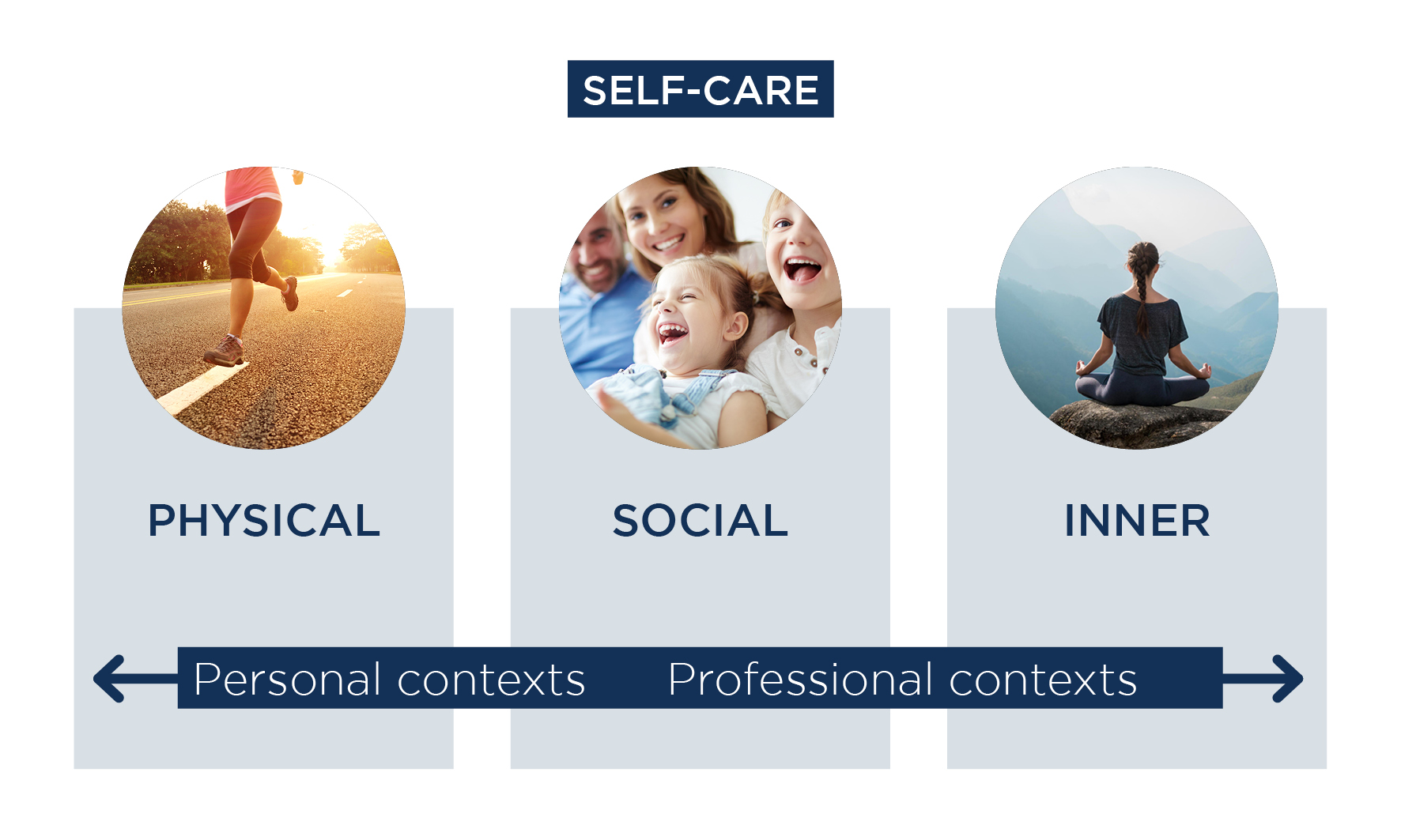
Online resources
The following resources can be shared with your child to address concerns they may have about COVID-19 and support their online learning.
Coping during Coronavirus (COVID-19) | ReachOut Australia
How to deal with uncertainty during coronavirus | ReachOut Australia
Isolation, lockdown & social distancing for teens | Kids Helpline
Stressed about study during coronavirus? | ReachOut Australia
5 apps to help you study at home | ReachOut Australia
10 ways to take care of yourself during coronavirus | ReachOut Australia
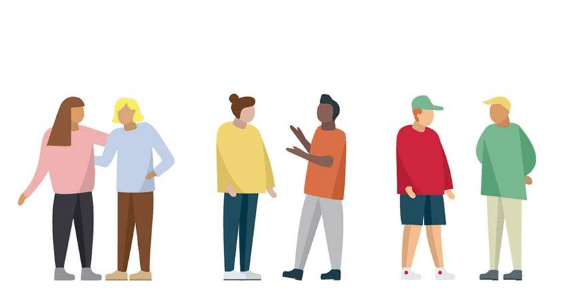
After-Hours Crisis Supports
If you believe your child is at risk of immediate harm, please contact emergency services (000). For after-hours crisis support and counselling for young people and their families, the following services can be contacted:
Lifeline
24/7 crisis counselling and suicide prevention service for all ages.
Ph: 13 11 14

Kids Helpline
Free 24/7 counselling service for children and young people aged 5-25.
Ph: 1800 55 1800

e-Headspace
Free online chat, email and telephone support (9am-1am AEST, 7 days per week) for young people aged 12-25, their family and friends.
Ph: 1800 650 890
Beyond Blue Coronavirus Support Service
Ph: 1800 512 348
We look forward to working together to make the Woodville High School community a thriving, happy and welcoming place for all.
School Transitions
Whether it is starting school for the first time, moving up to a higher grade or embarking on a journey through secondary school, there is no doubt that any school transition is a very exciting time for children and parents. It means that the children are growing up!
However, for many it may also be a very anxious and stressful time for both parents and children. Parents need to be aware of their child’s feelings during any school transition and minimise anxiety so the process is an enjoyable experience for all. It is important for children to attend transition or orientation programs offered by schools. Familiarisation is often key to reducing stress levels. It is also important for parents to talk to their children about their expectations and being more responsible for their own needs.
https://woodvillehigh.sa.schooltv.me/newsletter/school-transitions
Starting Year 7
When a child starts high school, they are suddenly becoming one of the youngest and newest kids at school all over again –– a small fish in a big pond! The transition between Year 6 and Year 7 is one of the biggest jumps in a child’s life and is a very important milestone. This can easily become a daunting time for students and parents alike.
Starting Year 7 poses many new challenges, but also exciting opportunities. It comes with a number of mixed feelings. Studies have shown that the mental health of this age group already appeared to be deteriorating before coronavirus hit and it is expected that cases of anxiety and depression will be on the rise.
Many students may be feeling a little bit more anxious than usual about their expectations of starting Year 7 and finding their place in the “big pond”. As your child grasps new skills and engages in new study practices, it is important for parents to be supportive, but also realistic in their expectations. Parents and students can easily become overwhelmed during this time of transition, but there are a number of strategies that can be implemented to start things off on the right foot!
https://woodvillehigh.sa.schooltv.me/wellbeing_news/special-report-starting-year-7
Wellbeing Checklist for Secondary
During this time of Coronavirus, many of us have experienced a variety of emotions ranging from fear to anxiety. All of these are considered to be normal and natural responses to any challenging situation that can often result in our minds telling us all kinds of scary stories. This can be especially true for teenagers and senior students for whom ‘what if’ stories will often predict the worst.
Adolescents are considered to be more at risk of anxiety and depression disorders which may affect their mood, thinking and behaviour. Although this is completely understandable given the current situation, any unusual behaviour that lasts for more than 2-3 weeks, may be a cause for concern. Adult carers need to remain vigilant for any signs of distress, even though your adolescent may not have any prior history of mental illness. Early intervention, diagnosis and treatment have never been more important.
If you do have any concerns relating to your teenager’s mental health, you may wish to consider using the assessment tool provided by Beyond Blue. The checklist aims to measure how your teen has been feeling over the past four weeks. After completion, the results can be printed for your records, or alternatively, provided to your medical practitioner.
Click here to access the Beyond Blue Assessment Tool. Note: For New Zealand audiences the Beyond Blue site references Australian phone numbers. If you do have any concerns about the wellbeing of your child, please contact your school for further information or seek medical or professional help.
https://woodvillehigh.sa.schooltv.me/wellbeing_news/special-report-wellbeing-checklist-secondary
Surviving the Final Year
Although the final year of school can be a stressful time for students, and parents, there are a number of strategies that can be applied to help reduce anxiety and allow students to perform at their best. It is important to prepare their brains for success. Studies have shown that there is a clear connection between students taking care of their health and their productivity during the final year of school.
Not all stress is bad, the art is in finding the right balance. Having the right amount of stress can encourage students to be at their optimal level of alertness, behavioural and cognitive performance. It helps tune their brain and focus. Therefore it is important to understand how best to support your child’s wellbeing during this time. This will help them achieve to the best of their ability. The emphasis should remain on their good mental health, wellbeing and the effort they are putting in. The student brain has a lot going on, so understanding how it works will help them get the most out their brain power.

https://woodvillehigh.sa.schooltv.me/wellbeing_news/surviving-final-year
